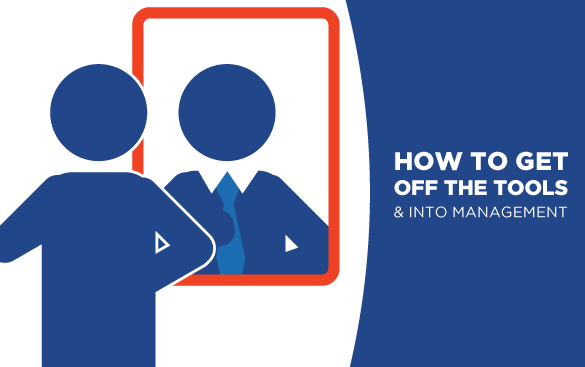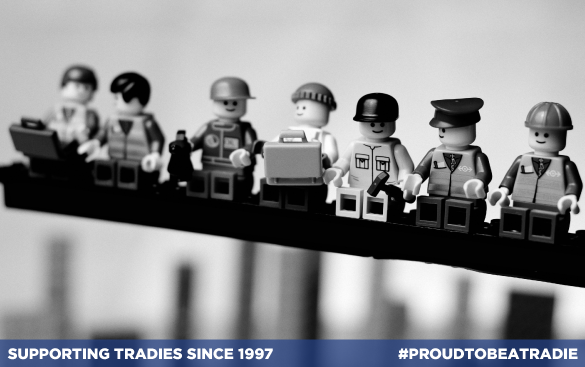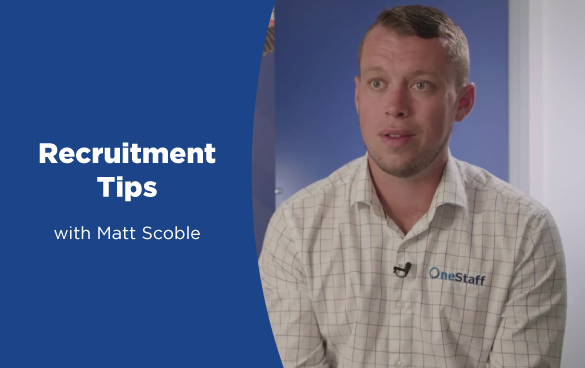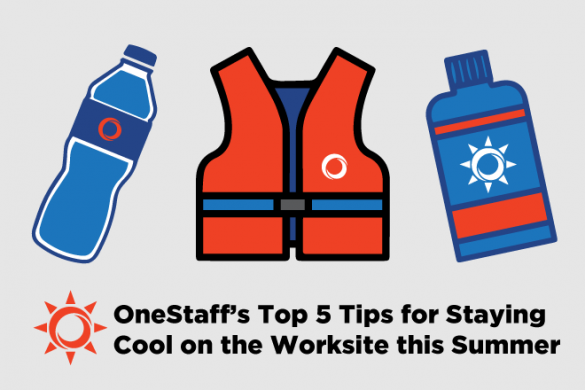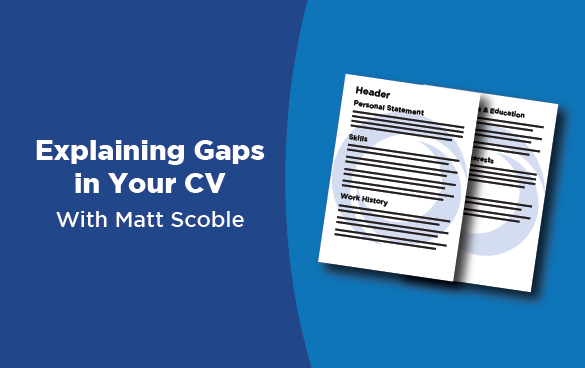If you happen to be reading this and you haven’t gotten your dream job yet, remember, being rejected is not the be end and end all. There is a proactive way to handle job rejection: self-evaluation. Since the interviewer assesses you on your performance, why not do the same for yourself? Evaluating yourself is a great way to see if you need to make any improvements, and build on your strengths, before your next interview.
We’ve put together tips on how to overcome job rejection and a checklist so you can evaluate your performance.
Prep Yourself
When you go for an interview but don’t get the job it’s important to not take it personally. Also avoid being too hard on yourself, or blaming the employer for not choosing you. Some factors are simply out of your control. What you can do, however, is constantly strive to do better. After all, being a good interviewee takes a lot of practice. There is no such thing as a “perfect” interview! Even if you have a good or bad interview you can only learn from each experience.
Take a look at our self-evaluation checklist to determine how well, or not so well, you think you did in the interview:
Evaluating your performance doesn’t have to be a long process, but you do have to be honest. Start at the beginning of the interview and the type of impression you thought you left. A great first impression includes showing up on time, how you dress, and doing research on the company beforehand. If you missed any of these things, you may need more time to prepare before your next interview.
The next thing to look at is the questions that were asked and how you responded to them. Were you fidgeting or sitting still? Maybe there were some questions that made you feel uncomfortable and you didn’t know how to answer. Whether this was due to nerves or your type of personality, it’s worth taking note of it for next time.
Overall, think about how happy you were with the interview. Did you ask questions that added value at the end? Consider how much information was exchanged throughout, and if you were satisfied with the answers and responses you shared. If the answer is no, make a note of them. The interview should tell you a lot about the type of company you’ve applied for and the people you might be working with. If the interview and role is everything you’re after, that’s good, but if you don’t feel excited or realise the job isn’t for you after all, it could be time to look elsewhere for opportunities.
On a final note, while it’s vital to understand your performance it can be worth getting an opinion from the company. If possible, let the employer know you’d appreciate any honest feedback from the interview. Then you can take these suggestions on board and apply them to your own evaluation. The end result is that you’ll learn how to react positively to job rejection, and become a stronger candidate for the future.
Summary
Job rejection is normal and it happens to a lot of people, it doesn’t make it any easier or pleasant. The best thing to do is remain positive and examine the situation. Self-evaluation will benefit your personal development, your communication skills, and you’ll uncover your interview “style.” Treat rejection as a learning opportunity because it can potentially lead you to a better job opportunity in the future.
If you’re looking to improve on any areas for your next interview, or if you’re struggling with your performance, we’d love to hear from you.


